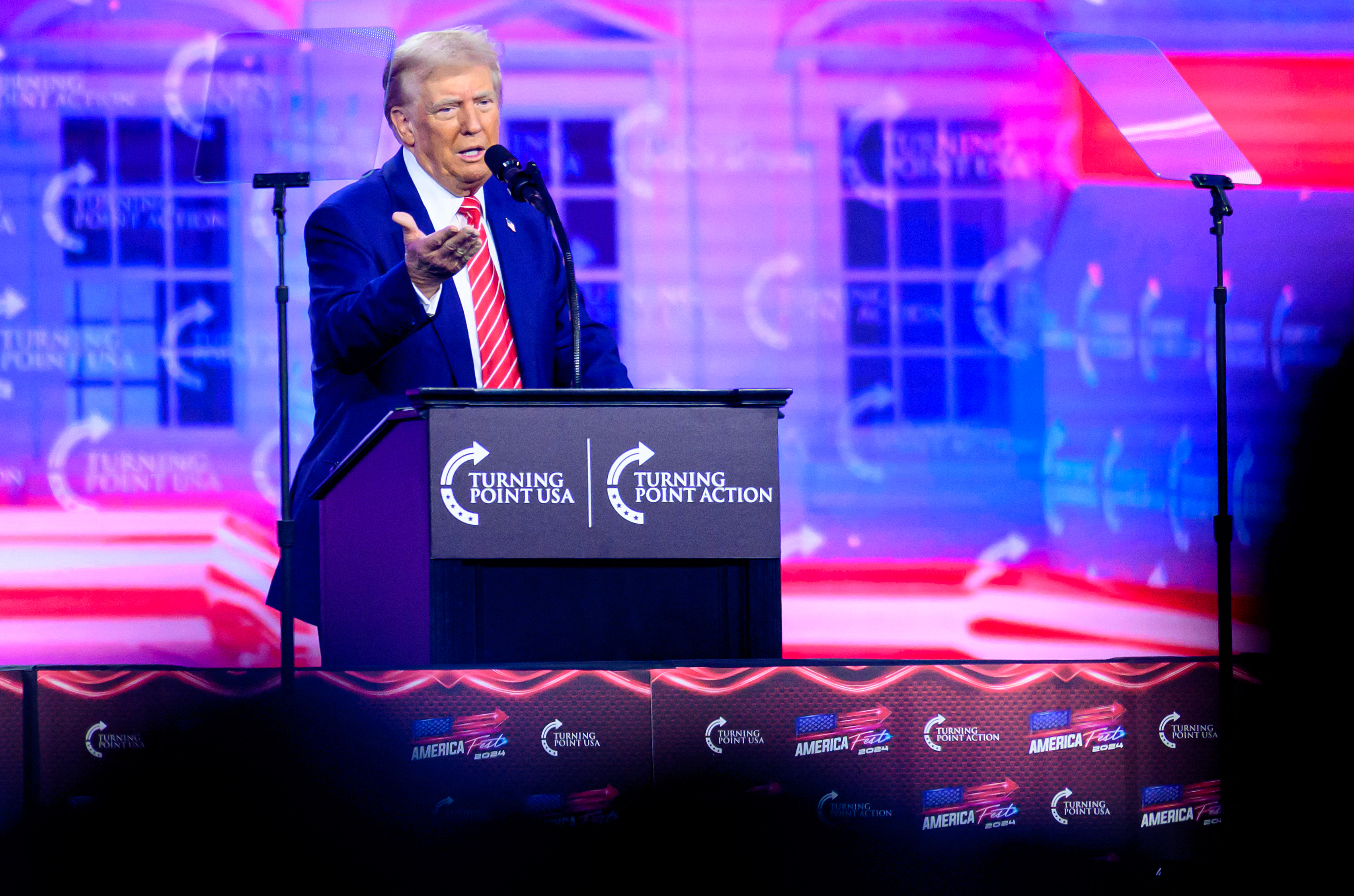New satellite images reveal North Korea has dug large trenches across road and rail links with South Korea, following Oct. 15 demolitions of cross-border infrastructure near Kaesong and another site on the peninsula's eastern coast.
This trenching, which began after the blowups, is evident in Planet Labs images analyzed by 38North, with piles of dirt and heavy machinery marking unfinished work.
The longest of these trenches spans about 150 meters, blocking transportation near Dorasan Station, a symbolic spot linking South Korea to North Korea's now-closed Kaesong industrial complex.

The deepening isolation reflects the heightening tensions between North and South Korea, as North Korean leader Kim Jong Un takes a hard stance on diplomatic relations.
Kim, who has openly condemned South Korea's conservative government, aligns more closely with Russia, reportedly supplying it with munitions in its conflict with Ukraine and sending troops to the front lines.
This border action further illustrates North Korea's defiance, as Kim's nuclear ambitions expand and his posture toward both Seoul and Washington hardens.

Missile Test Escalates Security Concerns
On Thursday, North Korea test-fired an intercontinental ballistic missile, marking its first launch in nearly a year.
Observed by Kim, the launch was touted as "an appropriate military action" to demonstrate North Korea's resilience against perceived threats.
This act, combined with trenching at key transit points, amplifies North Korea's confrontational strategy, signaling Kim's resolve to respond decisively to South Korean and American policies he deems hostile.
Symbolism of Kaesong's Abandoned Complex
The trench near Dorasan Station blocks access to the Kaesong industrial complex, once a rare symbol of inter-Korean cooperation, comanaged by the two countries until its 2016 closure due to North Korea's nuclear tests.
This trench underscores Kim's move away from engagement, contrasting starkly with past peace-building efforts.
Analysts from 38North suggest the trenches may serve as long-term barriers rather than temporary measures, intended to permanently isolate the border areas from any future bilateral use.

North Korea's Isolationist Policies and Broader Implications
While Kim's policies resonate with North Korea's isolationist goals, they further strain relationships in a region where U.S. alliances with South Korea and Japan remain crucial.
The freshly dug trenches and missile tests reflect Kim's escalating antagonism, aiming to fortify his position domestically while showcasing resilience against foreign influence.
However, the move risks deepening North Korea's diplomatic and economic isolation, signaling a decisive shift toward militarized self-reliance over potential reconciliation with Seoul or engagement with the broader international community.
This article includes reporting from The Associated Press




















 English (US) ·
English (US) ·